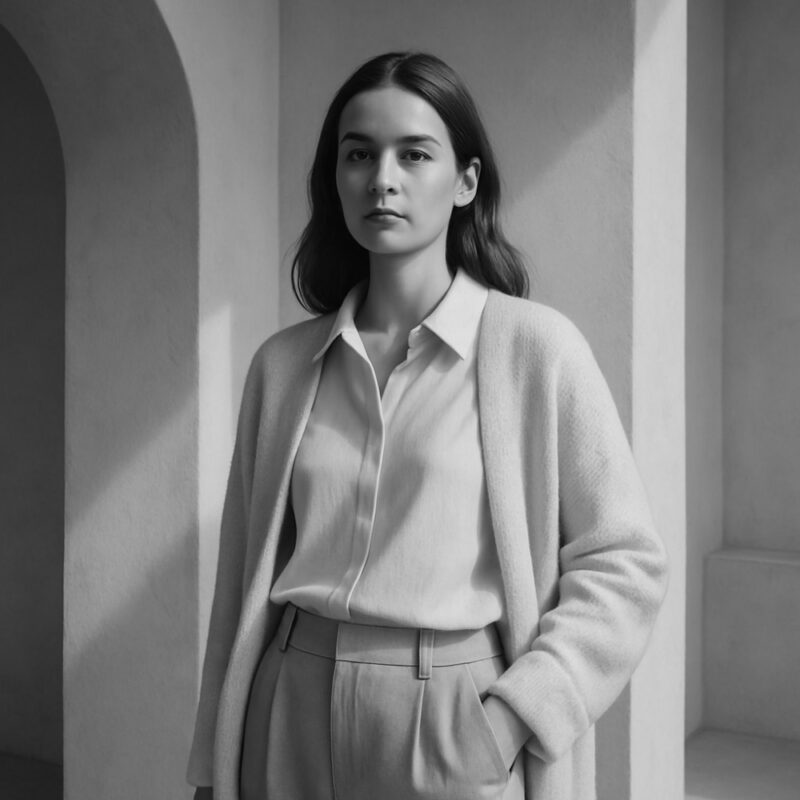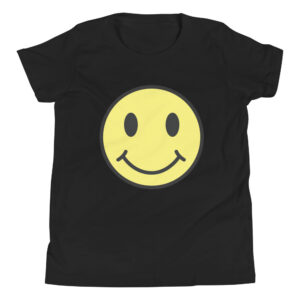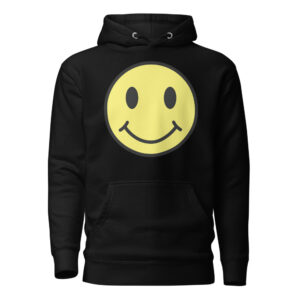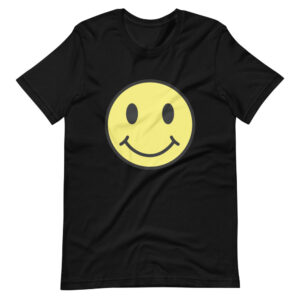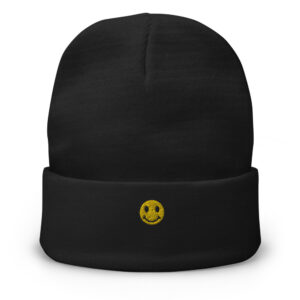Finding Your Minimalist Fashion Balance
Finding your minimalist fashion balance begins with asking what you want your clothes to make possible rather than what trends demand. When purpose leads choices, a wardrobe becomes a practical toolkit for daily life and a clearer channel for personality. Selecting pieces that move with you and feel comfortable reduces decision fatigue and creates room for small, deliberate touches that reveal who you are. Over time, these choices compound into a confident, coherent look that feels effortless because it has been chosen with clarity.
Minimalist Fashion Balance As Practical Choice
Minimalism is not about removing joy from dressing; it is about removing noise. By choosing fewer, higher-quality items you rely on garments that perform — shirts that hold their shape, trousers that fit without fuss, and outerwear that adapts to seasons. Practical constraints encourage thoughtful purchases and prevent the accumulation of items that never get worn. The result is a closet that is easier to manage and more satisfying to wear because each piece earns its place.
Keep Personality Visible With Small Decisions
Personality survives minimalism when you use small, repeatable gestures. A consistent accessory, a favorite silhouette, or a subtle color accent can become your signature. These choices allow character to register clearly while the overall look remains calm and composed, offering the best of both restraint and individuality. Small rituals — like always rolling a sleeve or tucking a hem slightly — become recognizable cues that signal taste without shouting.
Texture And Proportion For Minimalist Fashion Balance
Where color and print recede, texture and proportion come forward as the means of expression. Pairing a soft knit with a structured coat or balancing wide trousers with a fitted top introduces visual interest without clutter. Thoughtful contrasts in weight and scale keep outfits refined yet engaging and reinforce your minimalist fashion balance. Paying attention to how fabric moves and catches light adds a quiet richness that you feel as you wear it.
Build A Reliable Base That Adapts
A dependable wardrobe base includes well-cut shirts, neutral trousers, and versatile layering pieces. These anchors make mixing and matching simple and meaningful. When your core pieces work together, adding one personal item — a patterned scarf or a distinctive shoe — changes the tone without breaking cohesion. Investing in fits that flatter your posture and daily rhythm ensures your base supports activities rather than restricts them.
Edit With Care And Intention
Editing is ongoing, not punitive. Keep what serves your current life and gently remove what does not. Regular, empathetic editing prevents closets from becoming repositories for what once seemed like good ideas and maintains a curated collection that you actually wear. Approach editing as a conversation with your future self: would you be glad to find this item waiting, or would you donate it without regret?
Layer Thoughtfully And Wear Signatures
Layering is where function meets personality. A lightweight knit under a tailored jacket or a scarf tucked into a coat adds nuance without clutter. Wearing a signature element consistently — a ring, a recurring color, or a favored hemline — creates continuity so that minimal outfits feel recognizably yours. These repeated choices simplify dressing and make packing for travel far less stressful because you trust the combinations you already know.
A Calm, Lived In Confidence
When minimalism and personality are balanced, dressing becomes a quiet practice of care. That calm, lived-in confidence reads as deliberate rather than decorative. Minimalist fashion balance is not about hiding; it is about arriving with clarity and choices that reflect a life thoughtfully lived. The wardrobe then becomes less a set of options and more a companion that supports your day with dignity and ease.


